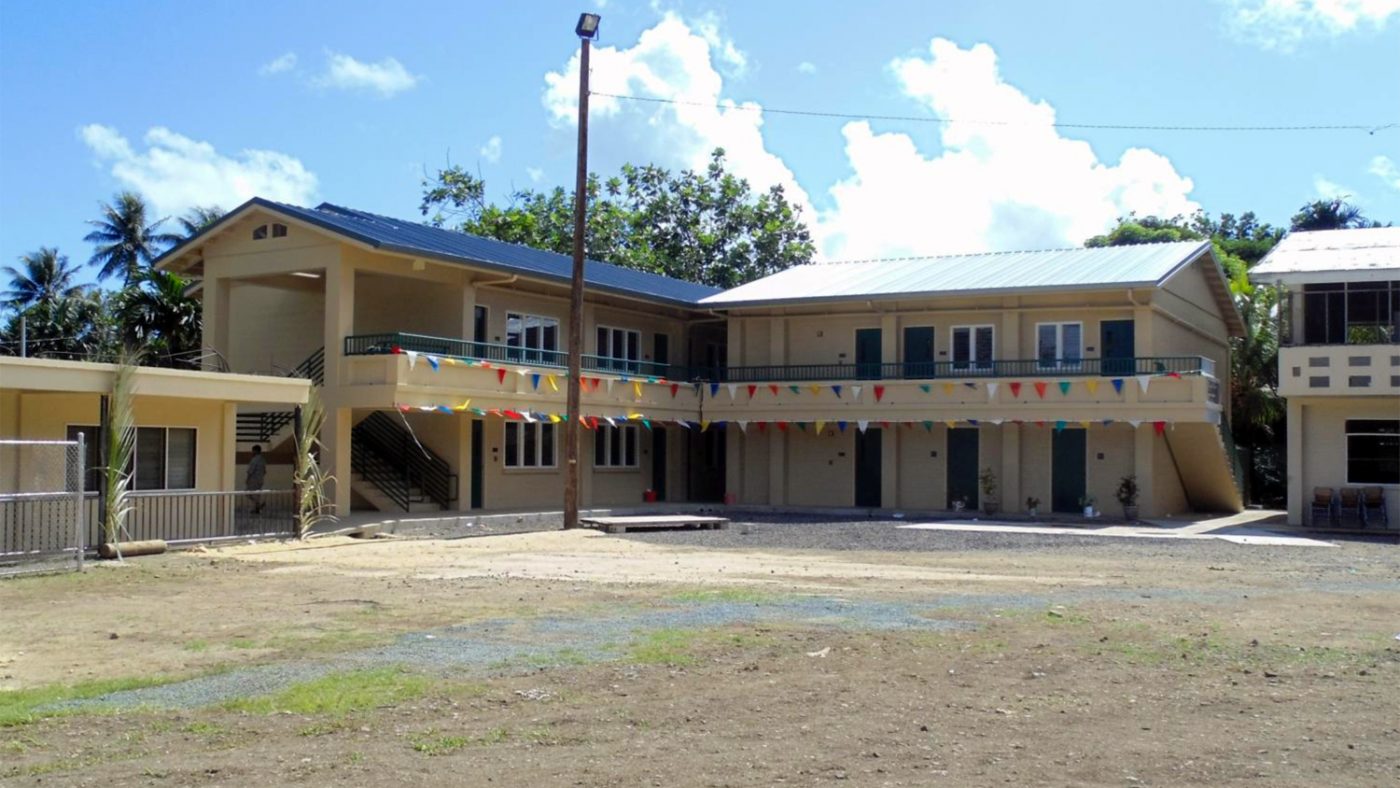Building codes are an integral part of both the design and the construction of infrastructure and facilities. In the United States, adherence to building codes is a must. When it comes to international projects however, there are times when complying with building codes will conflict with the needs and goals of the client. And there are instances where merely applying code minimums fails to adequately respond to local circumstances. In this post, we will explore several scenarios that illustrate the complexity of building codes and international situations.
US Building Codes on International Projects
In my experience with the design and construction of facilities in Third World nations, I’ve learned that the application of US building codes on international projects is not always a realistic endeavor. In many cases, local governments rely on grant funding from other industrialized countries and will apply whatever codes the grantor uses in order to expedite the receipt of grant funds. These foreign codes allow for different solutions that may conflict with US codes and integrate international products not recognized within the US. In addition, there may be a need to choose alternative solutions that fit the constraints of local resources, the specifics of the project itself or the availability of materials and supplies over universally accepted code principals – all while holding safety and quality paramount.
Take, for instance, a project in the Republic of the Marshall Islands where land area for development and application of modern technology are limited. The scarcity of land makes multi-story building construction commonplace. However, the Americans with Disabilities Act standard for handicapped accessibility has been frequently waived for several valid reasons, including:
- the lack of elevator service personnel,
- logistical challenges for spare parts procurement, and
- the overall cost of installation, maintenance, and periodic inspections.
Similarly, US energy codes cannot be adhered to for HVAC systems in large and small buildings in the Marshall Islands. In this region, the only type of HVAC systems that can be locally serviced are smaller scale split units – not the more efficient centralized chiller plants.
Building Code Exceptions
While full compliance with building codes may present challenges, simply adhering to code is often insufficient. One renovation project on a prisoner detention center highlighted the need for design and construction teams to be aware of the peculiarities of this type of facility. As renovations often require the installation of exposed conduits and the use of Unistrut channels to organize and efficiently route conduits, it would seem plausible to expect this kind of installation. However, from the client’s perspective, the Unistrut channels would enhance the ability of prisoners to utilize exposed conduit runs as climbing aids for escape. This case provides an example where simply referencing building codes without imposing further restrictions upon means and methods for installation would likely become problematic.
Building Code Compliance and Enforcement
When building code compliance is mandated, there must be procedures to ensure real compliance. Building codes often require certification or listing of products used in construction. Underwriter’s Laboratory (UL) is often the gold standard used to list and certify code compliance of electrical products. However, in today’s global economy, products manufactured in foreign countries may be procured. In the case of lighting systems, light fixtures may not follow UL certification/listing procedures when manufactured elsewhere. There have been cases of forged UL labels being attached to lights for facilities under construction. Contracting with reputable contractors who use reputable subcontractors and vendors is a must for any project under development.
International Considerations
These are but a few of the examples in which the impact of relying upon building codes without regard to informed best practices must be carefully considered before proceeding with the design and construction of facilities in international settings. Understanding the needs, culture, environment, budget, logistics and intended use must be thoroughly understood to maximize outcomes. Failure to appreciate these factors can lead to unintended consequences and unhappy clients.
To learn more about VERTEX’s Services or to speak with a Construction Expert, call 888.298.5162 or submit an inquiry.



